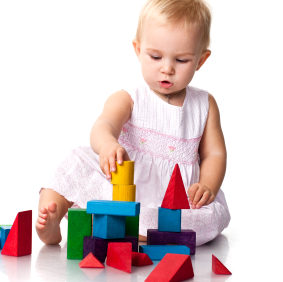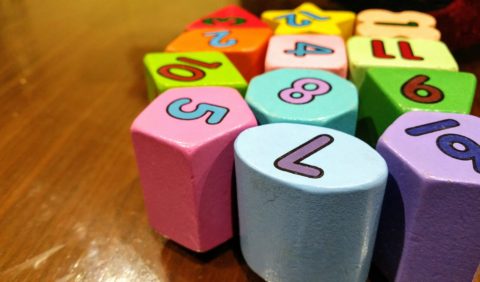
Play establishes the building blocks for later learning through this exploration that they learn.
A newborn is born with about 100 billion nerve cells in their brain.
It is in the first three years of a child’s life that more cells grow…. extra trillions.
It is important to stimulate and nourish a child’s learning.
Play is vital for the development of a child’s brain. Play is a fundamental way that a child learns and experiences the world around them.
Why is brain development and play key?
It is also in the first three years of their life and the experiences they are exposed to that is the key in determining who they will grow up to be. Because of this, it’s important, we as their caregivers, do not to try to ‘push’ a child to learn. For example, it is not vital to teach a 6 month old to learn colours, they will learn them more easily at the developmental appropriate age (by around 3 years).
Play encourages all the right connections in the brain. Each play experience will trigger or cause new pathways to be laid between each cell. The way the cells connect at this time is largely assisted by play.
Play plays a major role in who they will become, how they think, behave and feel as an adult. The best way to give your child the best start in life is to play with them, love and nurture them. Having a secure attachment for a child is their foundation and it makes them feel secure enough to explore their world.
Play shapes the structural design of the brain. We know that secure attachments and stimulation are significant aspects of brain development.
Play provides active exploration that assists in building and strengthening brain pathways.






